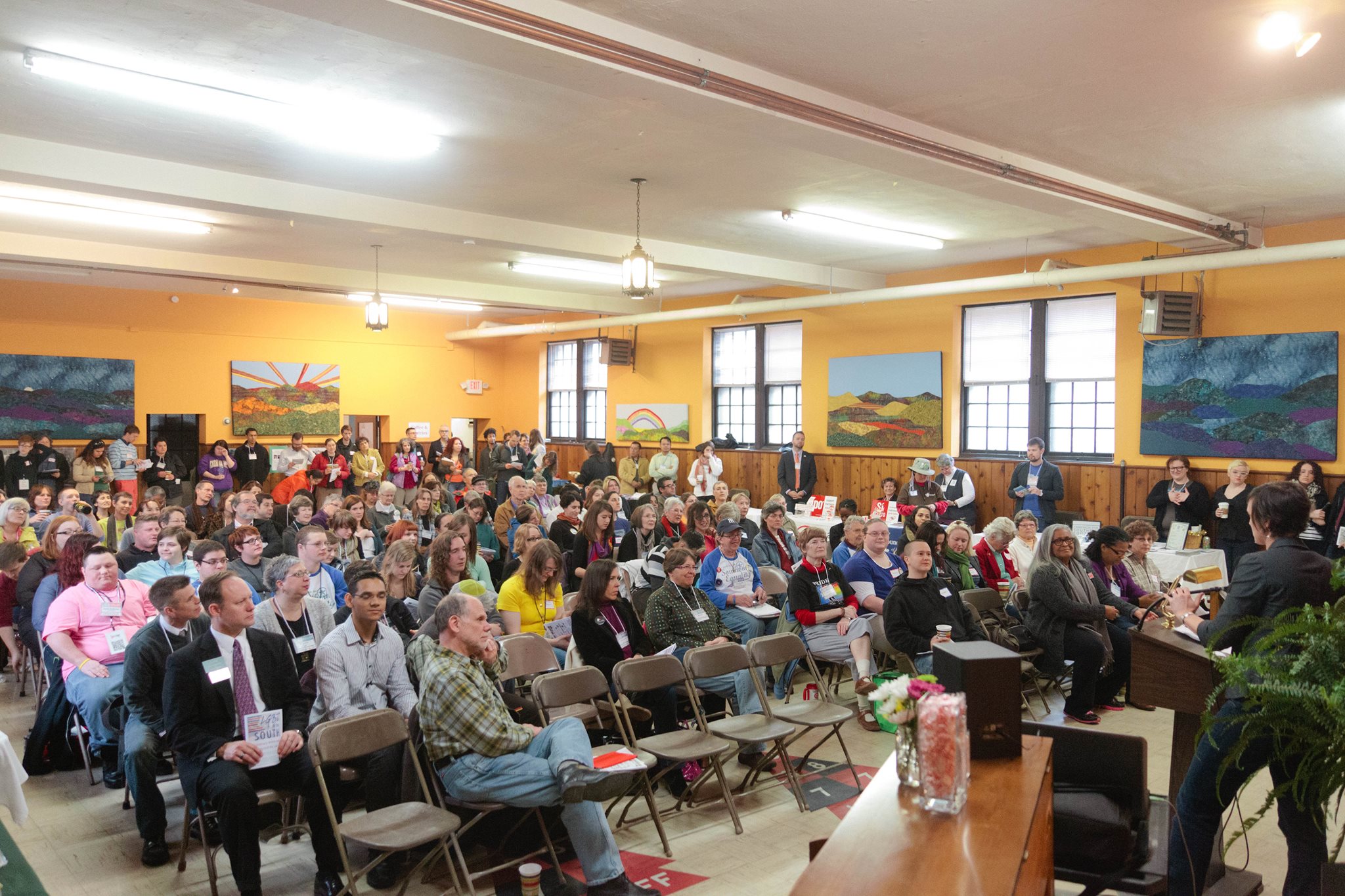Before you list your property on VRBO.com, Homeaway.com or Airbnb.com, it is important to seek sound legal advice. There are several issues to consider when listing property for rent by vacationers. Beware of local zoning laws regarding short-term rentals. You may face fines if you are renting property that are not within the zoning laws. In order to protect the affordable housing stock for our own residents, zoning laws only allow short-term/vacation rentals in certain locations. However, even if your property is not zoned to allow all types of vacation rentals, you may be able to lawfully rent a portion of your property if it is owner-occupied, provided your home and rental space meets certain size criteria set out by our local ordinance. There may be permitting fees, insurance and tax considerations. Additionally, under North Carolina law there are several rules that should be followed before you enter into an agreement with a traveler. You need sound legal advice and well-drafted legal documents to protect you from potential liability. Therefore, before you invite travelers into your home or rental, you should consult with a lawyer knowledgeable in vacation rental law.
At The Hart Law Group, we have counseled a large number of real estate investors and vacation rental owners. Our vacation rental legal documents are well-researched and meticulously drafted. We provide advice and assistance with setting up a Limited Liability Company (LLC) to better protect owners from liability. Our attorneys help owners understand how to list their property on reputable websites, and we provide advice regarding insurance matters, permitting, and sales tax and income tax consequences. We provide our clients with short-term lease agreements containing proper notices required under North Carolina law. We keep on top of changes to local zoning ordinances to advise our clients whether their rentals are within the law. We also have expertise and advice to offer outside of legal issues for vacation rentals including current market rates for vacation properties, how to make your vacation property attractive to guests, how to be a good host and how to seek positive reviews from past visitors.
Once you become a vacation rental owner, you may receive inquiries from residents seeking to rent your property long term. This is a common occurrence for our clients as Asheville has a shortage of rental housing. In some instances, our clients may wish to become a residential landlord rather than a short-term vacation rental owner. At The Hart Law Group, our attorneys also have years of experience representing residential and commercial landlords. When our clients decide to rent property to a long-term tenant, we provide detailed advice, draft leases and other documents necessary to become a successful landlord.
When you need an attorney who is experienced and well-qualified in the area of vacation rental law as well as commercial and residential landlord- tenant law, we hope you call The Hart Law Group for a consultation concerning the legal documents, information and advice you need to become a successful vacation rental owner or landlord. For more information about our services, please visit our website at www.thehartlawgroup.com or call us at (828) 271-4278.





